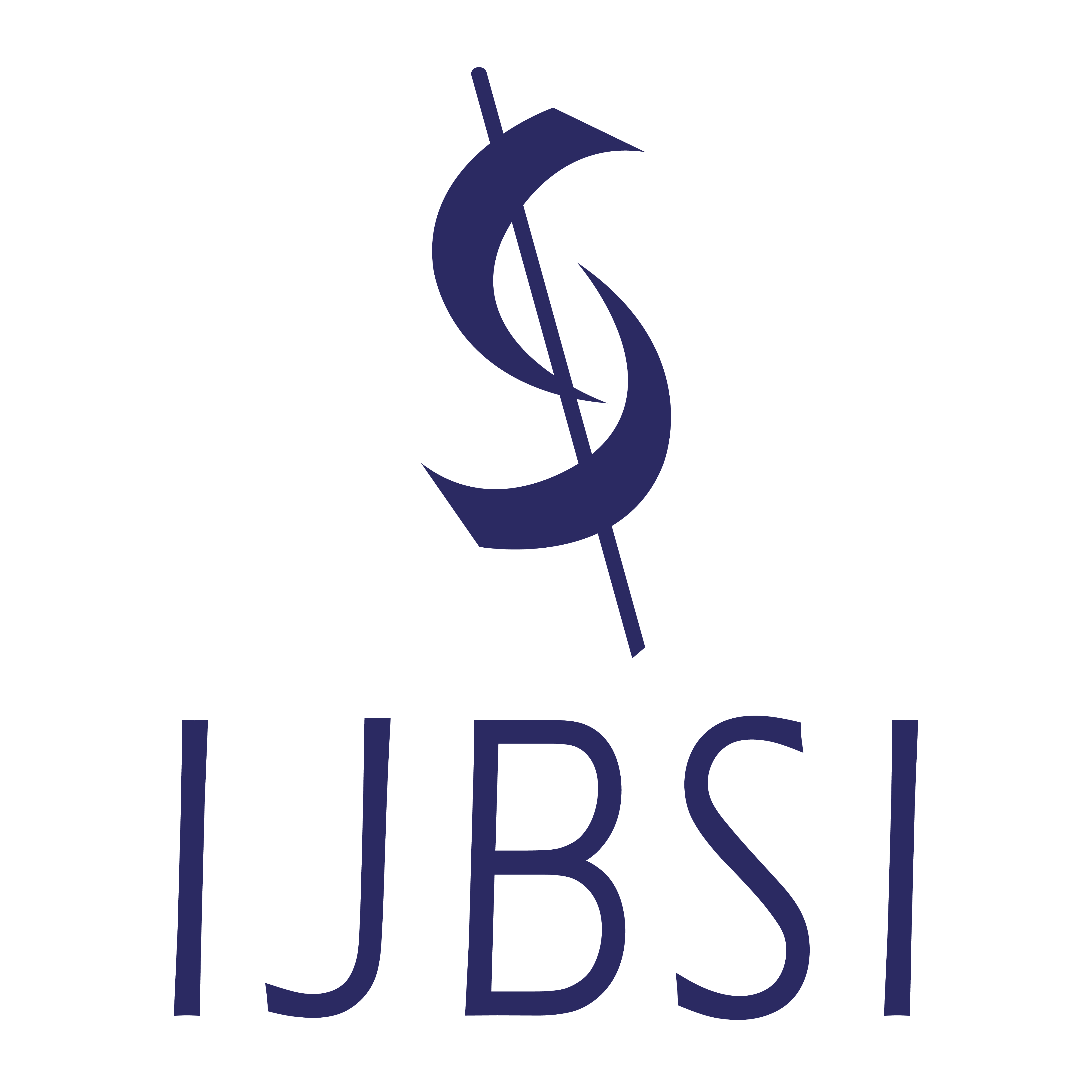Research Article
Effect of Personal Characteristics in Field of Finance on Entrepreneurial Intention of Students of Faculty of Entrepreneurship, University of Tehran
More Detail
1 University of Tehran, Sharif University of Technology, Iran2 University of Tehran, Iran* Corresponding Author
International Journal of Business Studies and Innovation, 2(1), March 2022, 1-17, https://doi.org/10.35745/ijbsi2022v02.01.0001
Submitted: 26 June 2021, Published: 30 March 2022
OPEN ACCESS 276 Views 192 Downloads
ABSTRACT
The main purpose of this study is to apply the theory of planned behavior to investigate the impact of personal characteristics in the field of finance, including financial optimism, perceived access to finance, financial self-esteem, and excessive financial confidence in students' entrepreneurial intention at the University of Tehran. In order to conduct this research, 294 graduate students of the faculty of entrepreneurship, at the University of Tehran were selected as the statistical population by stratified sampling. A questionnaire was used to collect data and PLS software was used to analyze the collected data. The results showed that a set of personal characteristics in the field of finance, including financial optimism, understanding of financial access, financial self-esteem, and excessive self-confidence in the field of finance, affect the entrepreneurial intention of students in the faculty of entrepreneurship. On the other hand, the role of gender adjustment was not confirmed and showed no effect on the relationship between any of the studied variables and students' entrepreneurial intent; In addition, the findings of this study indicate that the entrepreneurial experience has a positive and significant effect on students' entrepreneurial intentions.
CITATION (APA)
Khazaei, M., & Sadeghi, G. (2022). Effect of Personal Characteristics in Field of Finance on Entrepreneurial Intention of Students of Faculty of Entrepreneurship, University of Tehran. International Journal of Business Studies and Innovation, 2(1), 1-17. https://doi.org/10.35745/ijbsi2022v02.01.0001


 The articles published in this journal are licensed under the CC-BY Creative Commons Attribution International License.
The articles published in this journal are licensed under the CC-BY Creative Commons Attribution International License.